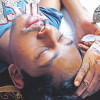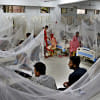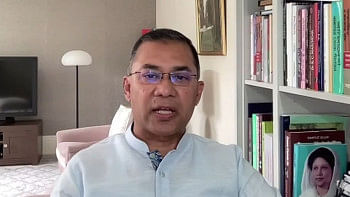Dengue continues to haunt us

There are not enough words to express our frustration at the incompetence that the authorities have shown over the past years to contain the spread of dengue in Bangladesh. While January is supposed to be a lean season for dengue, in reality, the viral disease is spreading like any time of the year, with people still dying and getting hospitalised on a regular basis. Reportedly, in the first 17 days of this year, at least 10 dengue patients died and 756 were hospitalised, while in the whole of January last year, the death toll was six and the number of cases was 566. This is a warning sign that dengue may be even deadlier this year.
In 2023, a total of 1,705 dengue-related deaths and 321,179 cases were reported in the country—the highest since its first outbreak in 2000. But even then, the situation was not so dire in the first few months of the year. Now, the question is, how should the authorities prepare to fight dengue this year? The answer is simple: they need to find out what they did wrong in the previous years.
The failure of the two city corporations in Dhaka in identifying and destroying the breeding grounds of Aedes mosquitoes was unacceptable. And when they finally started spraying imported insecticides throughout the city, experts raised questions about their effectiveness. The last thing we want to see this year is the inefficiency and lacklustre attitude of the city corporations in performing their duty.
Last year's dengue outbreak also laid bare the weaknesses of our healthcare system. We witnessed how patients struggled to get admitted to the hospitals or acquire the necessary medications for treatment. While the government fixed the costs of dengue tests, it could not ensure the sufficient supply of life-saving drugs for dengue patients. This should not be repeated this year.
Last but not the least, the government must develop a proper dengue monitoring system this time around, by including data from all private and public hospitals and clinics across the country that provide dengue treatment. The government's vector control programmes would only be effective if the exact number of patients, their locations and the distribution of the serotypes of the virus were available. And the time to take all these actions is now, if we want to lower the risk of another widespread outbreak this year.


 For all latest news, follow The Daily Star's Google News channel.
For all latest news, follow The Daily Star's Google News channel. 











Comments